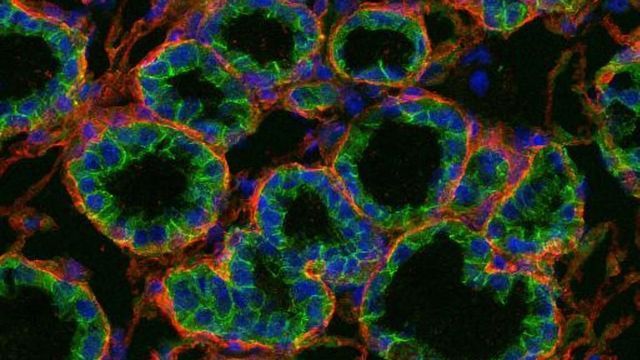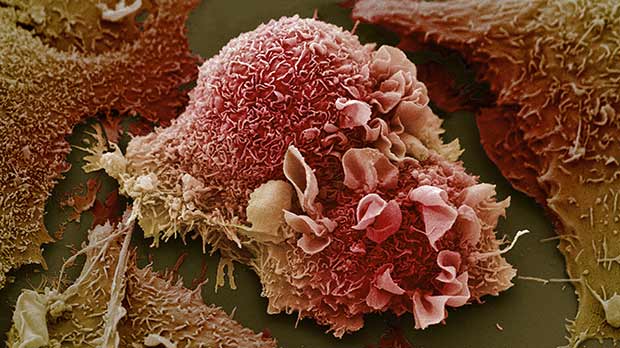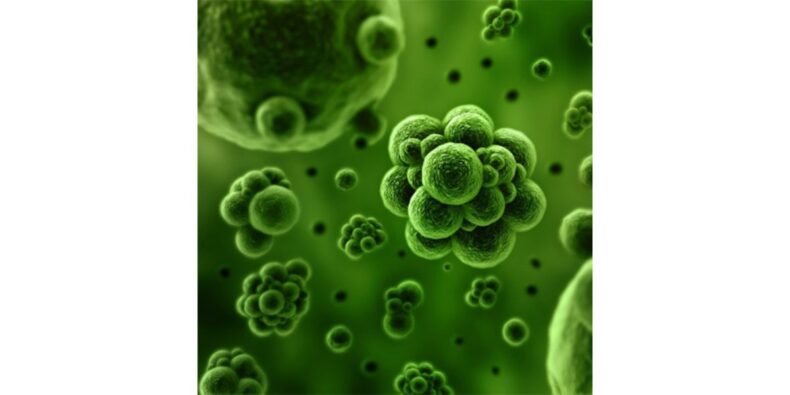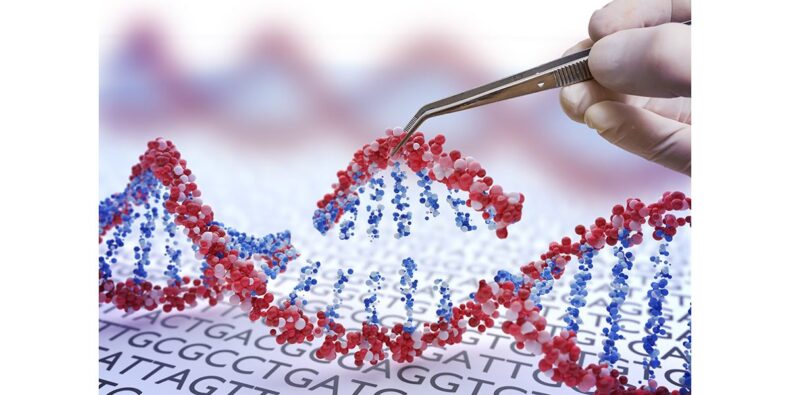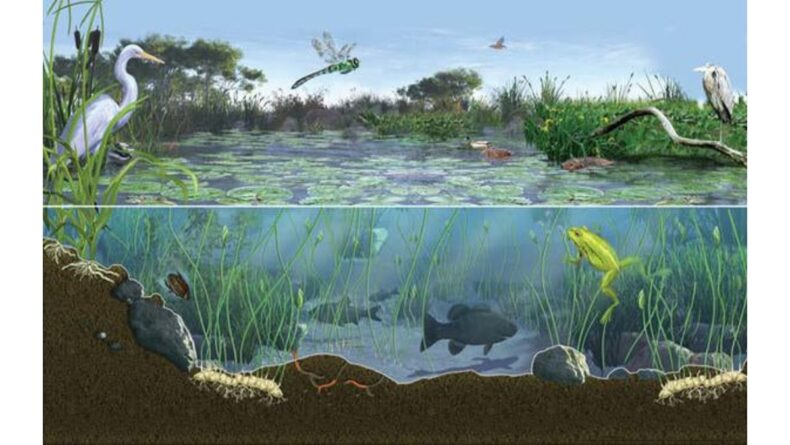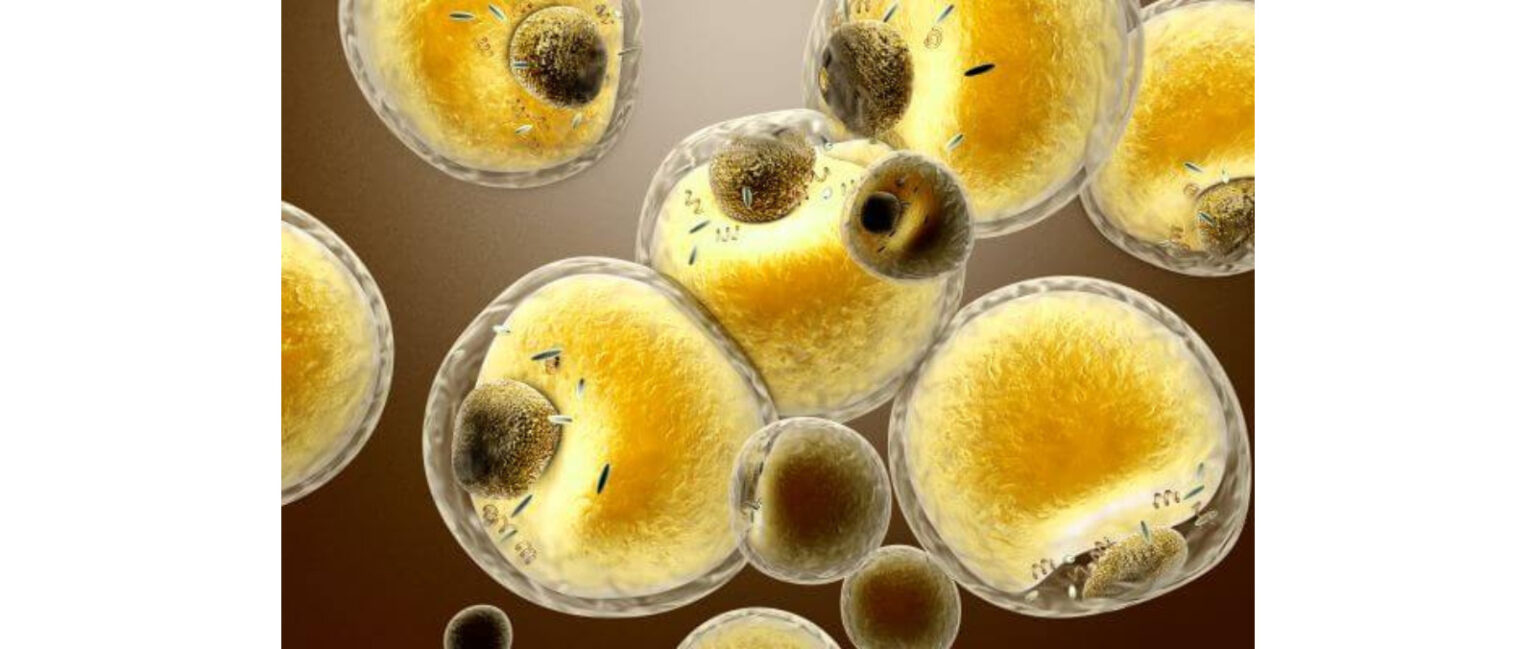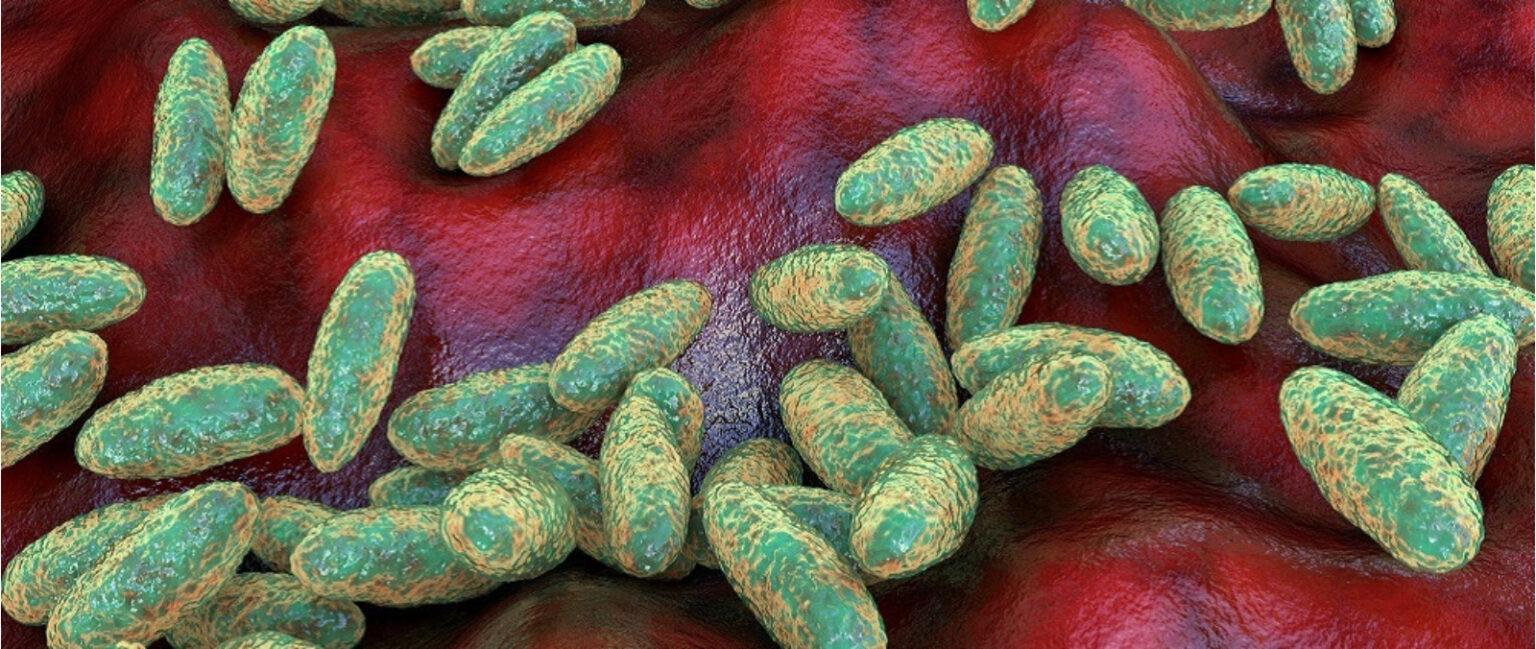Author: ShannonRodriques
A novel paper published in the journal Med grabs the attention of researchers worldwide for developing a synthetic extracellular matrix capable of supporting the growth of endometrial organoids. The endometrium is the innermost layer of the uterus and it undergoes cyclic changes constantly such as the proliferative phase, secretory phase, and the menstrual phase. Due to these different phases, an array of hormonal and cellular changes occurs making the modeling of endometrial tissues in the lab difficult. This hinders researchers from gaining a better understanding of the female reproductive organ and its associated pathologies. Till recently, researchers have been making…
Acinetobacter baylyi a bacteria is now capable of detecting tumor DNA in living organisms. An international study between the University of California San Diego and colleagues in Australia has genetically engineered Acinetobacter baylyi to perform this task. According to studies A. baylyi are non-pathogenic in normal conditions and naturally competent and capable of introducing new genetic material into their genomes via horizontal gene transfer. Studies report tumors constantly undergo a process called “tumor DNA release or shedding” wherein tumors spread their DNA material into the environment. Acinetobacter baylyi Detects the KRAS gene A. baylyi was designed to take up these…
Microalgae species are capable of degrading environmental methylmercury a new study finds. Researchers from the Oak Ridge National Laboratory report that some species of microalgae were capable of detoxifying methylmercury a neurotoxin. Methylmercury forms due to the interaction of bacteria and mercury in the environment, it is a very potent neurotoxin. Methylmercury in humans affects cognitive thinking, motor skills, brain development, and more. It also affects the other organ systems deleteriously. People usually get exposed to methylmercury after consuming fish and shellfish. Microalgae Detoxify Methylmercury In this study, researchers looked at different types of phytoplankton and found that some of…
The unknome (www.unknome.org) is a database made of genes whose functions are not known. It is a collection of proteins that are not well-studied and the genes that encode them whose existence is known but not understood. The database was created by Matthew Freeman, Dunn School of Pathology, Oxford, England, and Sean Munro from MRC Laboratory, Molecular Biology Cambridge, England, and their colleagues. The advent of genome sequencing brought to light thousands of novel protein-coding genes in human and other species’ DNA, which earlier methods missed. Since 2000, further study using transcriptomics and proteomics has shown that many of these proteins…
Parasites positively affect the ecosystem. This novel study was conducted under the guidance of Prof. Frida Ben-Ami and Dr. Sigal Orlansky from the School of Zoology and the Steinhardt Museum of Natural History, Tel Aviv University, and published in the journal Frontiers in Microbiology. Parasites are common in all ecosystems and play a vital role in determining how host species coexist or exclude each other. Parasites impact population dynamics, community structure, and biodiversity in an ecosystem. Parasites Vital for Survival In this study, researchers investigated the dynamics of water flea populations with a highly resistant species (Daphnia similis), a susceptible…
A study conducted by scientists at the University of Texas Health Centre Houston and the University and Science and Technology (UTSC) highlights the dispensable role of agouti-related protein (AgRP) contrary to known facts. Agouti and Agouti-related protein is a molecule that according to studies plays a role in feeding patterns, increases food uptake and when it is expressed in higher quantities causes overfeeding leading to obesity, the study says. Many previous studies emphasized the role of Agouti-related protein in metabolism and feeding behavior, such as the paper released by Harvard University in 2011 where scientists used certain techniques to activate…
A recent study published in the journal Nature by Dr. Christian Münch of Goethe University Frankfurt expounds on the close association between the mitochondria, the other cellular organelles, and the cell as a whole. According to the study, mitochondria call for help when it’s under stress. Mitochondria is a vital organelle to human survival. The mitochondrion performs many crucial functions such as ATP generation (the energy currency of the cell), apoptosis also known as programmed cell death which occurs when the cell is damaged or old, and storage of calcium an important signaling molecule. Damage to the mitochondria is detrimental…
A recently published paper in the Journal Public Library of Science: Computational Biology, expounds on the ecological risks and possibly the next pandemic risk provided by ancient pathogens frozen in the permafrost eons ago. The phenomena of global warming have led to concerning consequences in the polar regions of the planet. It has caused rapid warming resulting in the melting of ancient ice. The ecological implications resulting from this for native inhabitants such as polar bears, penguins, and other animals have been discussed widely. But in recent years, the potential release of ancient bacteria frozen in the permafrost as a…
A recent study published in the Proceedings Of The Royal Society B: Biological Sciences sheds light on the evolution of the ancient plague bacterium Yersinia pestis. The research paper titled “Ancient Yersinia pestis genomes lack the virulence-associated YpfΦ prophage present in modern pandemic strains” sheds light on the missing link between the ancient and modern strains of Yersinia pestis. HISTORY OF YERSINIA PESTIS, THE BLACK PLAGUE: Research reveals that Y. pestis an ancient plague, is believed to have caused numerous pandemics, epidemics, and endemics right from the beginning of the Neolithic age. Studies suggest that it was contained to Asia,…
A recent study published in the Proceedings of the Royal Society B: Biological Sciences sheds light on the uncanny way that microbes help plants resist drought conditions. The multi-generational study conducted by researchers from the College of Agricultural, Consumer, and Environmental Sciences (ACES) discovered that the environment itself selected for drought-resistant bacteria and they made the plant drought resistant. DROUGHT STRESS: A RISK TO SOIL HEALTH AND PLANTS Due to global warming, the risk of drought has increased. Drought stress poses an enormous threat to agriculture globally, with its adverse effects damaging global crop yields and overall food security. Traditionally,…
Contact us:
Copyright © 2024 Asiana Times. All Rights Reserved





